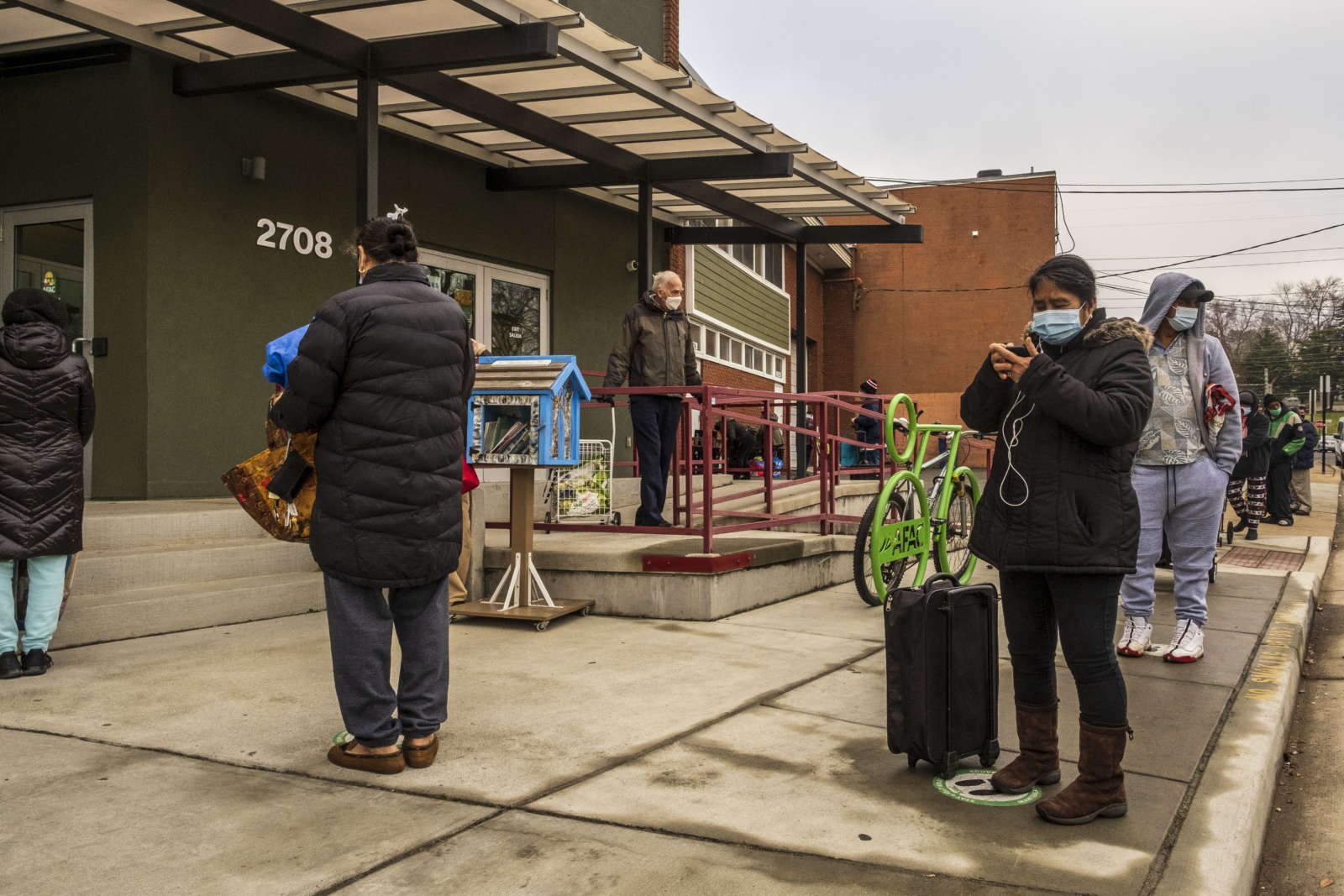Transformative Effects of Arlington’s Guaranteed Income Program
Arlington’s pioneering guaranteed income initiative has shown promising initial results by providing a significant boost to the quality of life for low-income households. Administered by the Arlington Community Foundation (ACF), the program granted $500 monthly to families, significantly enhancing their ability to meet basic needs, pursue higher-paying jobs, and manage essential expenses. This support not only aided in everyday costs but also allowed recipients to invest in educational opportunities and healthcare needs, fostering a more secure and sustainable livelihood.
Insights and Outcomes from the Financial Assistance Trial
From its inception in September 2021 to December of the same year, the program targeted families earning below 30% of the area’s median income—a critical intervention in a region known for its steep living costs. The initiative, which aimed to reshape perceptions of guaranteed income systems, drew inspiration from similar programs nationwide and sought to advocate for broader legislative changes at state and federal levels. Feedback from the trial underscored a stark contrast in living conditions across different regions of Arlington, with participants mainly from the economically harder-hit South Arlington.
Broader Implications and Future Prospects
Despite being fully funded by private donations and philanthropy, the $2 million project involved the Arlington County’s Department of Human Services in the selection and oversight of participants, enhancing the program’s integrity and effectiveness. As the program concluded, participants reported not only financial relief but also significant improvements in mental and physical well-being and overall life satisfaction. Although challenges remain, such as coping with unexpected expenses, the positive outcomes have fueled discussions at various governmental levels about potential permanent implementations and the revival of supportive measures like the child tax credit.
This pilot initiative in Arlington has set a meaningful precedent, highlighting the profound impact that structured financial support can have on the lives of low-income families, and paving the way for potential broader adoption of similar programs.
